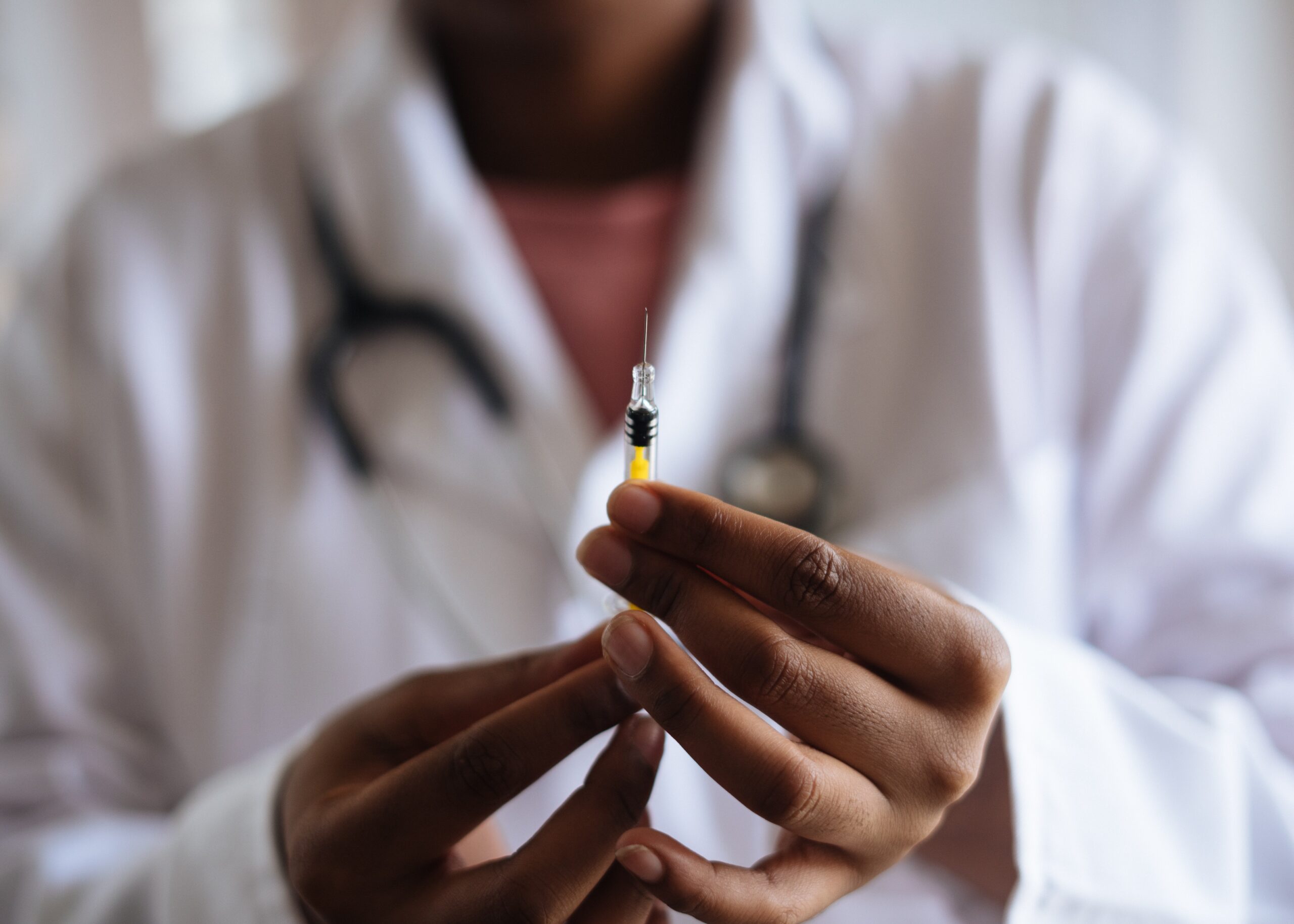The daily reports of Monkeypox are everywhere. The news is overwhelming and terrifying to many people. At Infections Managed, our staff wants you to know the truth about Monkeypox, how it spreads, who is most at risk to become infected, and what protective measures can be taken to avoid infection.
What is monkeypox?
Monkeypox is a viral infection in the same family as smallpox. However, it is less contagious than smallpox. It was first detected and traced to its origins in rainforest regions of Central and West Africa. The first human case of monkeypox was diagnosed in 1970 in the Republic of Congo in an infant. It first appeared in the U.S. in 2003 and was traced to undiagnosed pet prairie dogs that had been near infected rats from Ghana. Monkeypox is typically a short-lived infection in each diagnosed case, lasting 2-4 weeks.
How is it transferred?
This virus can be transferred through contact with an infected person or animal. Infection occurs when there is direct contact with body lesions, respiratory droplets, bodily fluids, or even contaminated bedding or clothing. Intimate actions such as hugging, kissing, or having intercourse in any manner with an infected person, their bedding, clothing, towels, etc. can cause the spread of the monkeypox virus.
Symptoms of Monkeypox
The most noticeable symptom of monkeypox is the rash that appears in the genital or anal region, face, hands, chest, and even feet. They may appear small to midsize, are typically very itchy, and will progress through stages until they scab over. However, patients with monkeypox may also experience fever, chills, headache, muscle ache, chills, fatigue, congestion, and swollen lymph nodes just before the appearance of the rash, or shortly after they erupt. Symptoms appear 1-3 weeks after exposure and can last anywhere from 2-4 weeks after showing symptoms. The diagnosis of monkeypox is made through a sampling of the fluids from a lesion or the scab of a healing spot.
Who is at risk?
Healthcare workers and first responders are considered to be at risk for contracting the monkeypox virus in addition to very young children and people with compromised immune systems. Recent news releases from the CDC also suggest that men who have intimate relations with other men are at higher risk of exposure than their heterosexual counterparts. People who have received smallpox vaccinations may have a marginal amount of protection from monkeypox, however, the smallpox vaccine has been eliminated from most vaccination protocols worldwide due to the rarity of the appearance of smallpox in recent years.
Is there a cure for monkeypox?
The short answer is no. There is no cure for monkeypox but studies show that some smallpox vaccines are effectively resisting infection of the monkeypox virus. As a result, people who have been exposed may benefit from smallpox vaccination.
How do you avoid being infected?
Several common-sense measures can be taken to reduce the risk of becoming infected with monkeypox. Wash hands frequently with soap and water, and use hand sanitizer when soap and water aren’t practical. Avoid any contact with any animal that may be infected. Don’t touch bedding, clothing, or any other items that may be contaminated with the virus. Do not engage in intimate or sexual activity with an infected person.
If concerned that you or a loved one has been exposed to monkeypox call a doctor immediately; better still – call us at Infections Managed at 954-776-9992. We are devoted to providing patients with the best care possible in Florida and throughout the world.

